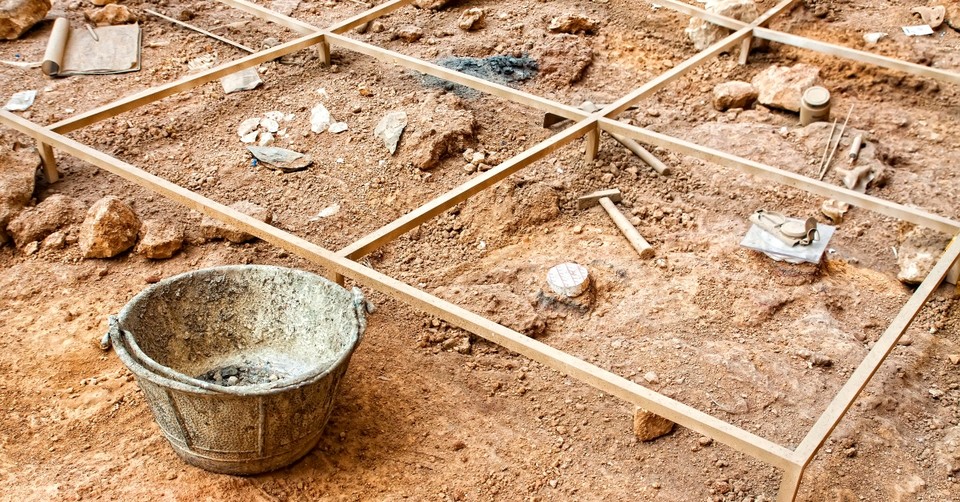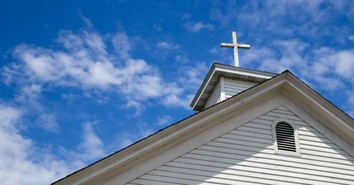Archaeology 'Demonstrates the Reliability of the Bible,' Leading Archaeologist Says

One of the world's top biblical archaeologists says excavations in and around Israel are affirming the reliability of Scripture and attesting to its truthfulness.
Titus M. Kennedy, a professional field archaeologist and the author of two books on the subject – Excavating the Evidence for Jesus and Unearthing the Bible – said this week that archaeology can be "practical for the average Christian."
"It's not just for people that are into adventure, it's not just for academics," Kennedy said on a new episode of TBN's Takeaways with Kirk Cameron. "It's something that can help to enrich your understanding of the Bible because it gives you a view of the ancient world, the ancient context of the Bible, so you can better visualize it. … It demonstrates the reliability of the Bible. You don't have to be always questioning the Bible without any answers. We can question: What's the evidence for this? Well, very often, there's something that's been found that can help answer that question."
Kennedy, an adjunct professor at Biola University and a research fellow at the Discovery Institute, referenced archaeological discoveries involving two Old Testament characters: Belshazzar and David.
"For a long time, there was no other known mention of Belshazzar outside of the book of Daniel," he said. "And so scholars who were skeptical of the Old Testament or the book of Daniel would say, 'Look, here's just another piece of evidence showing us that Daniel is a fictional story that was written hundreds of years later.'"
That changed when researchers uncovered two ancient Babylonian documents, Kennedy said. One of the documents mentioned a Babylonian king, Nabonidus, who "entrusted the kingship to his oldest son and heir," Kennedy said. Another document "tells us that the firstborn son and heir of Nabonidus, his name was Belshazzar.
"And so suddenly, we had this archeological evidence that demonstrated the book of Daniel was exactly right on all that," Kennedy said.
Similarly, secular scholars often doubted the existence of David, too.
"But then in 1993, they found this broken, stele [slab]," Kennedy said. "... This particular one was to commemorate an event, a victory, of the Arameans over Israel. And in one section, it talks about some kings of Israel that these Arameans defeated. And then it says that they are from the house of David. So that was a way of saying the dynasty of David. … That was acknowledging David was the founder of their dynasty of Israelite kings. And so right away, then, people had to change their ideas on the historicity of David."
There is extra-biblical evidence for the New Testament, too, Kennedy said.
"The trial of Jesus is one of the better-attested events, archaeologically," he said, referencing several figures in the story: Annas, Caiaphas, Pontius Pilate, Herod Antipas, Jesus and Peter.
"All six of these people are attested archaeologically and in ancient historical documents," Kennedy said. "And the locations where the trial of Jesus happened are also known."
Photo courtesy: ©Getty Images/MarquesPhotography
Michael Foust has covered the intersection of faith and news for 20 years. His stories have appeared in Baptist Press, Christianity Today, The Christian Post, the Leaf-Chronicle, the Toronto Star and the Knoxville News-Sentinel.
Listen to Michael's Podcast! He is the host of Crosswalk Talk, a podcast where he talks with Christian movie stars, musicians, directors, and more. Hear how famous Christian figures keep their faith a priority in Hollywood and discover the best Christian movies, books, television, and other entertainment. You can find Crosswalk Talk on LifeAudio.com, or subscribe on Apple or Spotify so you never miss an interview that will be sure to encourage your faith.
Originally published September 08, 2022.





